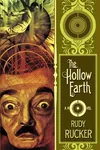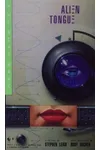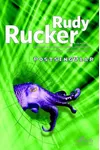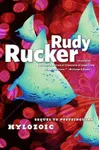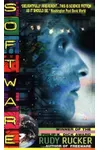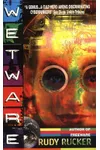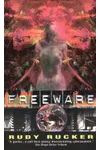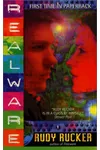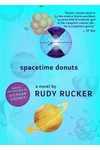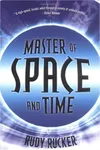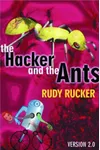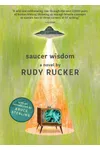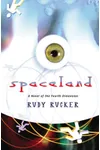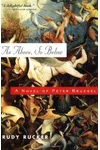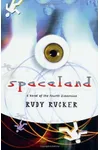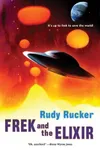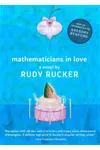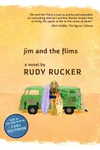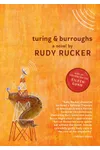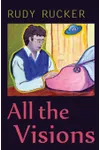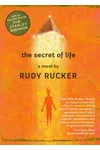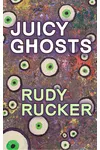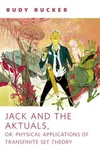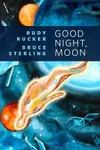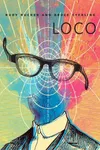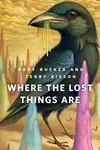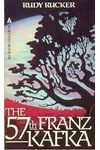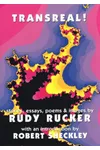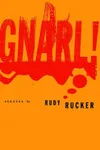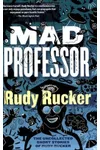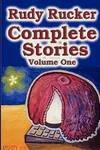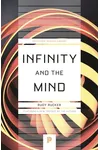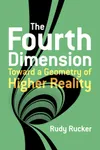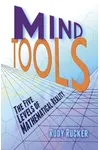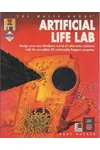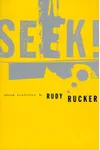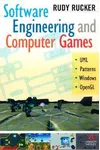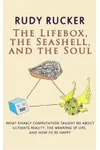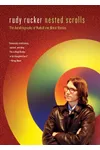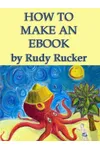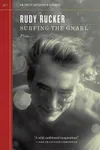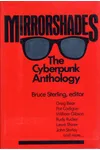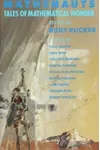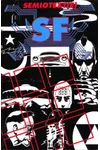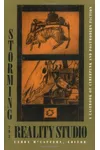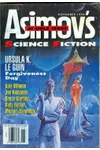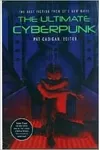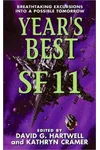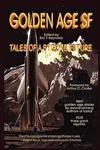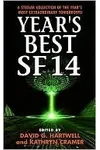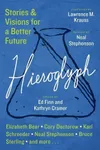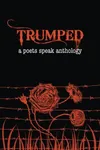Picture a mathematician who spins wild sci-fi tales where robots evolve and infinity gets a starring role—meet Rudy Rucker! Born in 1946, this American cyberpunk pioneer blends brainy math, computer science, and mind-bending narratives. His Ware Tetralogy, a cornerstone of cyberpunk, nabbed two Philip K. Dick Awards, proving Rucker’s knack for turning complex ideas into thrilling stories.
With a playful style called transrealism, Rucker mixes his own life with fantastical twists, making readers rethink reality. From novels to nonfiction, his work dances between technology, philosophy, and human consciousness, earning him a cult following. Ready to dive into his gnarly universe?
The Making of Rudy Rucker
Rudy Rucker grew up in Louisville, Kentucky, in a family of Huguenot descent, with a surprising twist: he’s a great-great-great-grandson of philosopher Georg Wilhelm Friedrich Hegel. His father ran a furniture business before becoming an Episcopal priest, while young Rudy chased numbers. He earned a BA in mathematics from Swarthmore College (1967) and a PhD from Rutgers (1973). Inspired by an interview with Stephen Wolfram, Rucker became a computer science professor at San José State University in 1986, retiring as professor emeritus in 2004. His coding stint at Autodesk, programming cellular automata, sparked ideas for his fiction.
Rudy Rucker’s Unforgettable Stories
Rucker’s Ware Tetralogy—Software (1982), Wetware (1988), Freeware (1997), and Realware (2000)—is his cyberpunk crown jewel. Software, which won the first Philip K. Dick Award, follows a retired scientist whose brain is eaten by robots to grant immortality. Wetware, also a Philip K. Dick winner, dives into a drug-fueled world where robots build humans. These novels explore natural selection in software, consciousness, and humanity’s tech obsession, all with a gritty, humorous edge.
Beyond cyberpunk, Rucker’s transrealism shines in novels like White Light (1980), which tackles infinity through a mathematician’s surreal journey, and Mathematicians in Love (2006), a quirky tale of rival scholars and reality-bending math. His nonfiction, like Infinity and the Mind, makes heady concepts accessible, while The Lifebox, the Seashell, and the Soul (2005) muses on computation as reality’s core. Rucker’s stories are cerebral yet wild, blending math, mysticism, and a Beat-inspired vibe.
His short stories, collected in works like The 57th Franz Kafka (1983), and his editorship of the sci-fi webzine Flurb (2006–2012) show his range. Rucker’s style, often compared to Robert Sheckley’s zany wit, uses fantastic elements to mirror psychological shifts, making his work both brainy and relatable.
Why Rudy Rucker Matters
Rudy Rucker helped birth cyberpunk alongside William Gibson and Bruce Sterling, shaping a genre that thrives on neon-lit futures and tech-driven rebellion. His transrealism, outlined in his 1983 Transrealist Manifesto, inspired writers to weave personal truths into sci-fi, influencing modern authors like Charles Stross and Cory Doctorow. Rucker’s ability to make math and computation feel mystical has left a mark on sci-fi and philosophy, inviting readers to ponder life’s big questions.
Despite a 2008 cerebral hemorrhage that led to his autobiography, Nested Scrolls, Rucker keeps writing, with recent works like Million Mile Road Trip (2019) proving his spark endures. His interdisciplinary genius—part coder, part storyteller—makes him a visionary for our tech-soaked age.
About Rudy Rucker
- Born: March 22, 1946, in Louisville, Kentucky
- Key Works: Ware Tetralogy, White Light, Infinity and the Mind
- Awards: Two Philip K. Dick Awards (Software, Wetware)
- Fun Fact: Once programmed cellular automata for Autodesk, inspiring The Hacker and the Ants
Snag Software or Million Mile Road Trip and dive into Rudy Rucker’s brain-tickling cyberpunk world!
